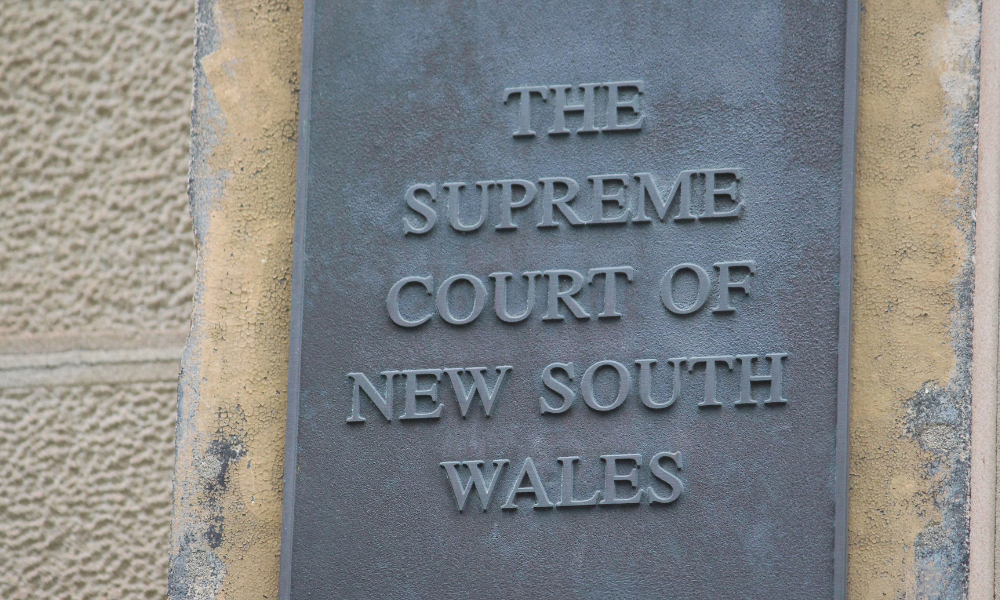
Assignee of lease seeks to terminate it based on rent non-payment and insolvency

The NSW Supreme Court has recently granted relief against forfeiture upon finding that the evidence in the case failed to establish that the lessee was hopelessly insolvent or that granting such relief would be futile.
The applicant in this case – Okami SA Newton Pty Ltd – belonged to a group of companies operating Japanese restaurants around Australia. The respondent, Newton SC Pty Ltd, purchased the Newton Plaza Shopping Centre.
In February 2021, the applicant leased from G. & R. Difede Pty Ltd shop premises within the shopping centre. There, the applicant operated an all-you-can-eat Japanese restaurant. The 10-year lease started in March 2021.
The lease was assigned to the respondent, which had the right to terminate the lease after seven years if it had a proposal to substantially redevelop the premises. In September 2024, the respondent sought to terminate the lease based on rent non-payment.
The applicant, which has since made the lease payments, applied for relief against forfeiture. The respondent asked the court to refuse such relief, which would allegedly be futile since the applicant was hopelessly insolvent.
The respondent argued that it discovered that the applicant entered into a deed of company arrangement by the appointment of administrators in January 2024 and entered into a restructuring plan in March 2024, which was allegedly another basis to terminate the lease.
The applicant countered that, to the extent the respondent had any right to terminate on that ground, the operation of s. 454N of the Corporations Act 2001 stayed that right.
In Okami SA Newton Pty Ltd V Newton SC Pty Ltd, [2024] SASC 151, the NSW Supreme Court allowed the application upon finding that the respondent failed to show that the applicant was hopelessly insolvent or that granting it relief against forfeiture would be futile. The court noted that the fact of insolvency was only a discretionary consideration, not a deciding factor.
The court found on the part of the respondent conduct which showed that it might be acting opportunistically to evict the applicant for the purpose of its plans to redevelop the property on a basis completely inconsistent with the lessee’s rights.
The court noted that the indefinite stay provided by s. 454N(4)(b) of the Corporations Act would arise by reason of a company having come under restructuring or having been under restructuring before the end of the stay period. Thus, the stay would continue to protect it after the conclusion of the restructuring, the court said.